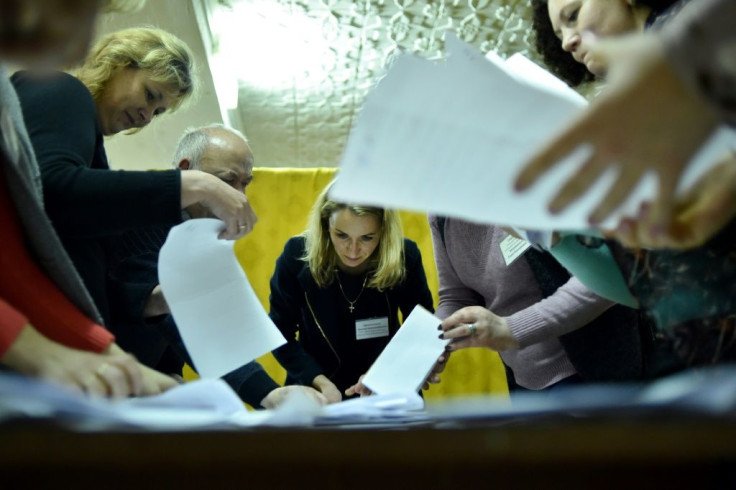Belarus Polls Showed 'Lack Of Respect' For Democracy: Monitors

Parliamentary polls in Belarus lacked respect for democracy and denied basic freedoms to voters and candidates, international vote observers said Monday, after the opposition failed to win a single seat.
"These elections have demonstrated an overall lack of respect for democratic commitments," Margareta Cederfelt, leader of the Organisation for Security and Cooperation in Europe's short-term observer mission, said in a statement.
She warned that "parliamentary elections are in danger of becoming a formality" in the ex-Soviet country ruled since 1994 by strongman Alexander Lukashenko.
The vote for the lower house of parliament on Sunday resulted in victory for parties loyal to the president. Two opposition MPs in the previous parliament were not allowed to stand.
The OSCE sent out 400 monitors on election day on Sunday and said in a statement released Monday that the observers found "fundamental freedoms were disregarded".
Its strongly worded criticisms came after President Lukashenko told journalists on Sunday he was "concerned" how the vote would be seen internationally, including by the European Union, but added: "I'm not accustomed to fret about this."
Nevertheless the 65-year-old, who is to contest presidential elections next year, has recently attempted to build ties with Europe, visiting an EU member, Austria, for the first time in three years.
An election monitoring campaign organised by opposition parties reported multiple violations on voting day, including officials inflating voter numbers.
The OSCE pointed to "significant shortcomings during vote counting" and said these led to "concerns about whether the results were counted and reported honestly."
It said opposition parties faced obstacles with registration and holding public meetings.
The European Union in 2016 controversially lifted most of the sanctions it had imposed on Lukashenko and other Belarusians, in a move to encourage progress on human rights.
© Copyright AFP 2024. All rights reserved.





















